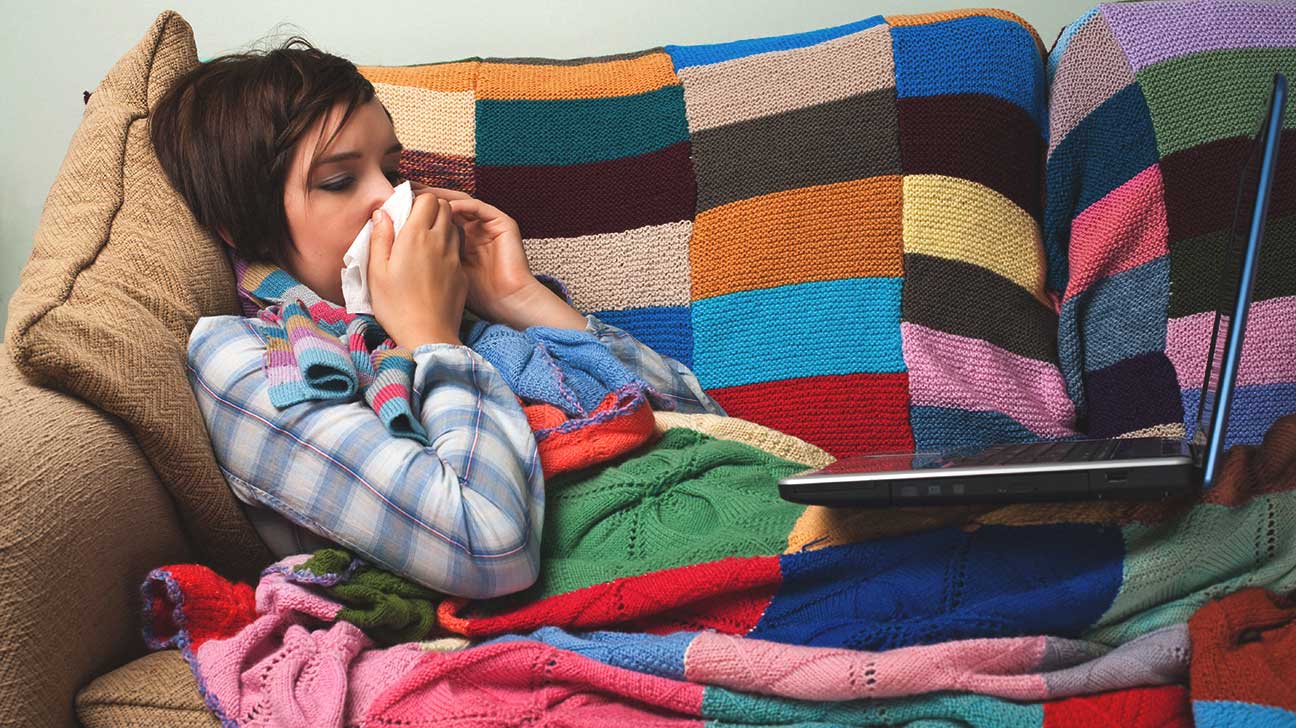Study finds antibiotics may do more harm than good if you’re not actually sick.

Antibiotics have long been scrutinized for their misuse, overuse, and harsh side effects.
If taken incorrectly, researchers believe antibiotics can do more harm than good. They can cause bacteria to become increasingly resistant to treatment, for example, and destroy healthy flora in the gut.
Now, a new study from Case Western Reserve University shows that antibiotics can damage immune cells and worsen oral infections.
Antibiotics damage the ability of our white blood cells
The body’s natural defenses are very effective in killing off certain oral infections and regulating inflammation, according to the research, which was published in Frontiers in Microbiology last month.
The research team examined resident bacteria in the body, their effect on the production of white blood cells, and the role they both play in combating infections of the mouth.
“We set out to find out what happens when you don’t have bacteria to fight a fungal infection,” study lead Pushpa Pandiyan, PhD, an assistant professor of biological sciences in the School of Dental Medicine at Case Western Reserve University, said in a statement. “What we found was that antibiotics can kill short-chain fatty acids produced by [the] body’s own good bacteria.”
When the body is healthy, it houses good bacteria that produce short chain fatty acids (SCFA), which, in turn, promote the development and maintenance of white blood cells.
Those white blood cells — called Tregs and Th-17 — are then able to fight and protect us from fungal infections and harmful pathogens and keep inflammation at bay.The researchers discovered that antibiotics destroyed the good bacteria, which, consequently, depleted the production of SCFAs and damaged the ability of white blood cells from fighting off fungal infections, such as Candida, in a laboratory setting.
In other words, the antibiotics hurt the body’s own immune response and made it difficult to protect itself against harmful germs.
In addition, continued misuse and overuse of antibiotics gives bacteria the opportunity to grow resistant to treatment and poses the threat of bacterial infections that are much harder to treat.
“Long-term and mindless use of antibiotics could also hamper how the immune system works in other infections such as viral and other fungal infections,” Pandiyan told Healthline.
Our bodies already fight off infections
The findings bring focus to the level of function of the SCFAs when it comes to oral health.
“The study shows that these short-chain fatty acids promote the proper function of Th-17 and Treg cells and that this protects us from oral fungal infections, reduces damaging inflammation, and helps the body’s immune system resolve Candida infections of the mouth,” said Dr. Aileen Marty, a professor of infectious diseases at Florida International University College of Medicine.
We need those SCFAs to power up our white blood cells — the Th-17 and Treg cells — to protect us from sickness.“While many cells in the body play some roles in protecting us against infections, [it’s] the primary responsibility of white blood cells,” Marty added. “White blood cells are the professional soldiers against infection, while other cells perform protective roles more as ‘deputized citizen militia.’”
These natural defenses had no problem fighting off inflammation and infection on their own, but antibiotics can prevent these defenses from doing their job.
Should you take antibiotics for an oral infection?
Researchers stress that physicians must be sure that antibiotics are really necessary to treat an infection before prescribing them.
Needless overuse of antibiotics isn’t helpful, the study suggested.
“We have good bacteria doing good work every day, why kill them?” Pandiyan noted in the statement. “As is the case with many infections, if you leave them alone, they will leave on their own.”
While for more serious cases antibiotics are a necessary — and sometimes life-saving — treatment, many health experts also recommend taking probiotics alongside antibiotics to maintain good bacteria and restore healthy flora.
Lastly, if you have a bacterial infection and are prescribed antibiotics, be sure to finish out the prescription.
Failure to take the entire course of treatment only contributes to the growth of antibiotic-resistant bacteria.
If you stop short, your immune system might not be up for the challenge next time you’re not feeling so hot.


